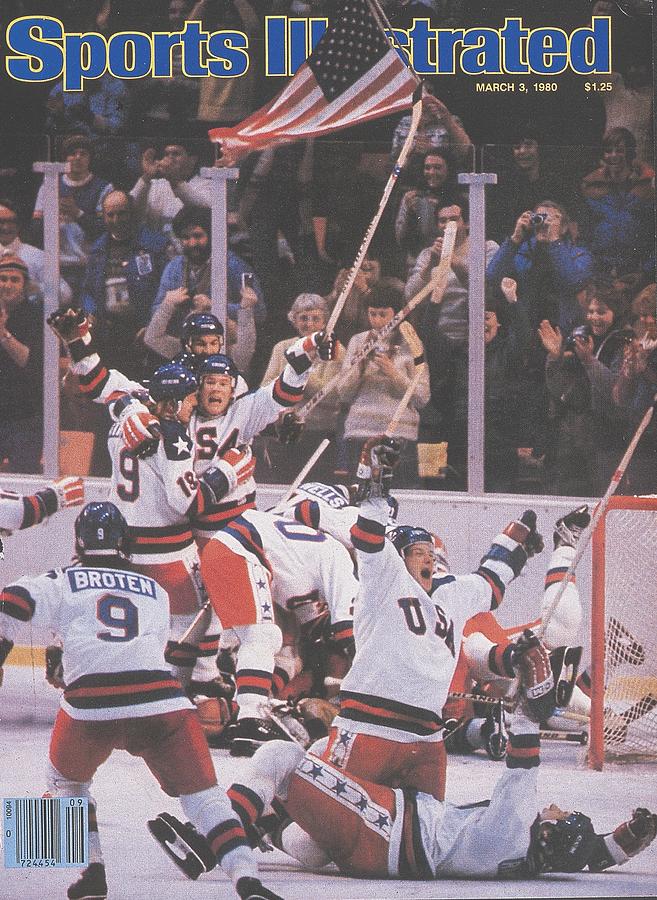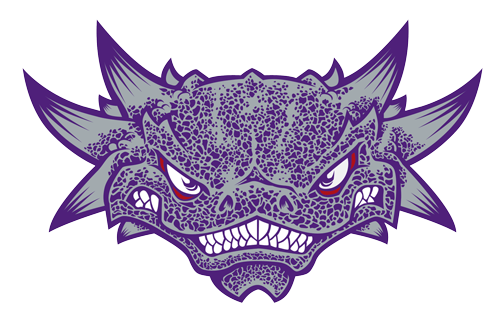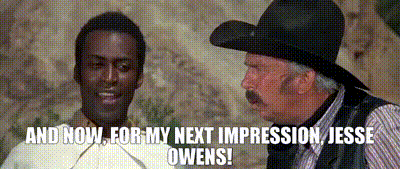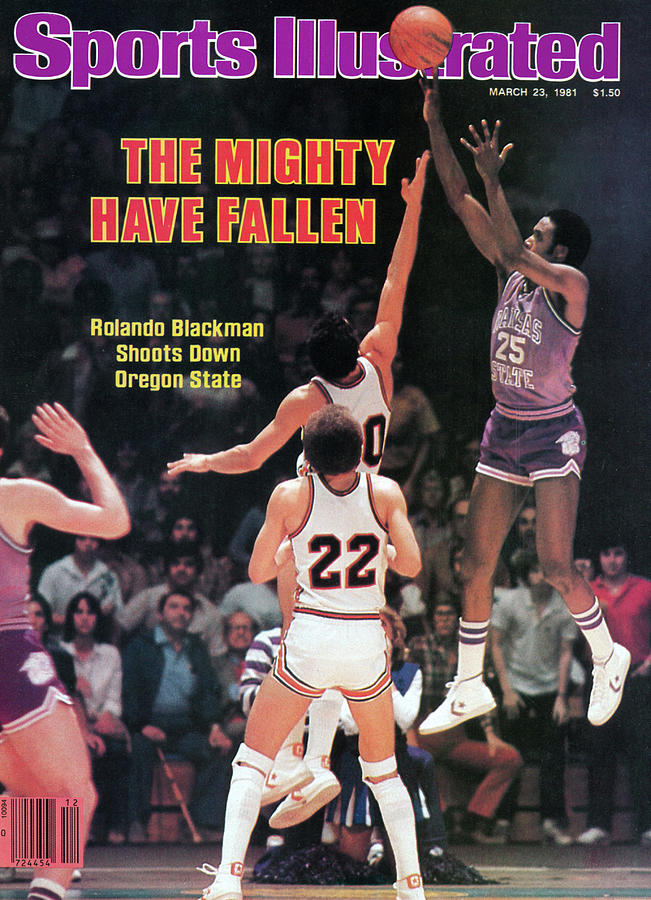bc puckett
Active Member
Non-Swimsuit issue category. The one from my copy of the magizine is framed and hanging on my office wall.


Usa Hockey, 1980 Winter Olympics Sports Illustrated Cover by Sports Illustrated
Usa Hockey, 1980 Winter Olympics Sports Illustrated Cover by Sports Illustrated
sicovers.com






